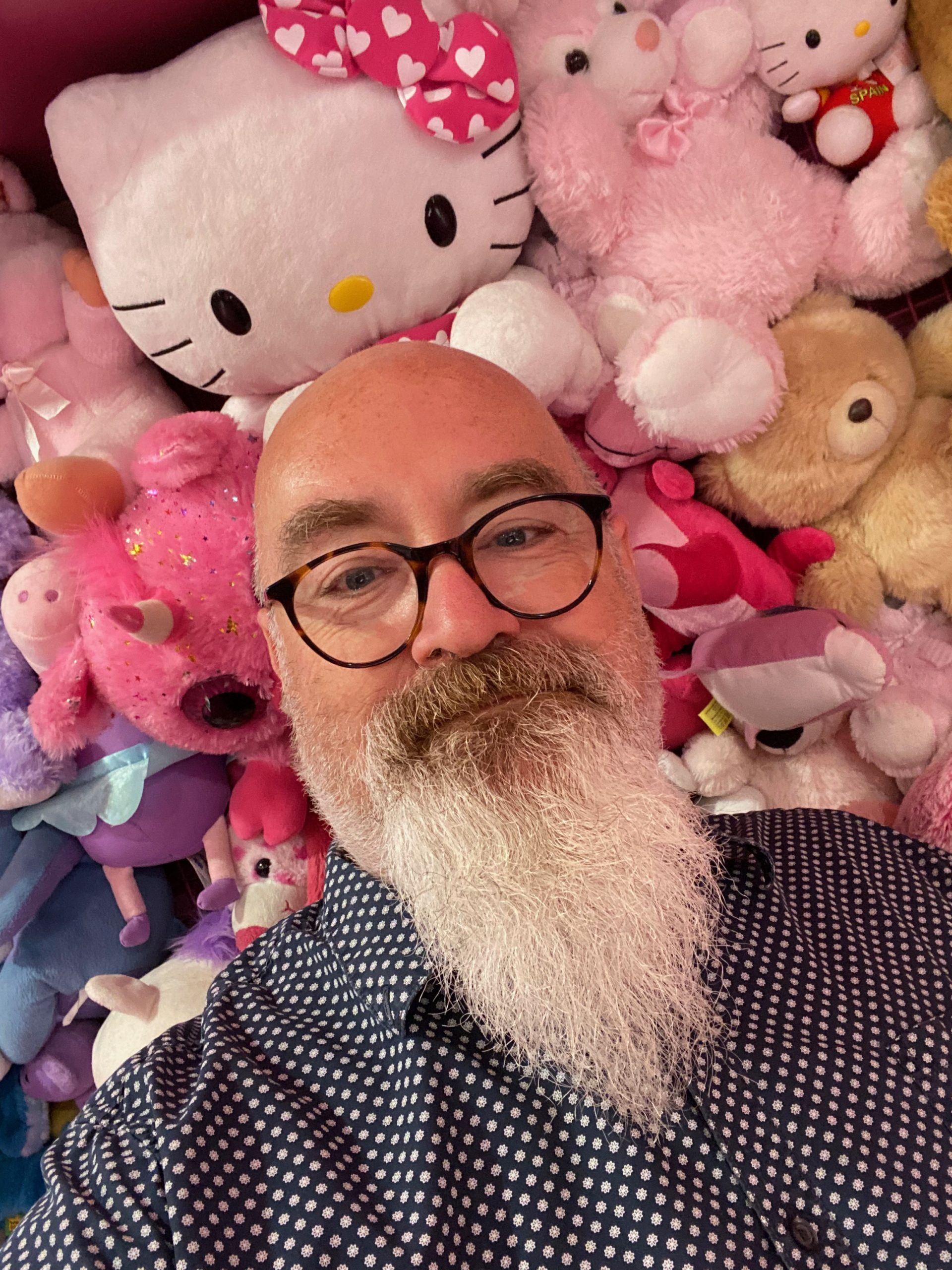bHi folks, i hope you are doing ok, this week we are meeting at the Tavern and Galley at 7.30, we look forward to seeing you there. This weeks our blog is written for us by John Cooper.
What matters more: what happened or what we think happened? What happened or what we remember happening? If you think that those four statements can be the same – think again.
Our memories are tricky things. Our brains don’t just record things like a film, they create a version of what happened, mixed between image sound, smell, and emotion. And it mixes in our relationships to people what happened before and since, and then with each re-telling the narrative is subtly altered. As we get older our brains begin to overwrite the memory with our slightly altered remembrances. Imagine a computer moving a slightly distorted version of the story from our hard drive into RAM. When it’s stored back the altered version is stored. Safe to say our memory is flawed. So much so that in an investigation, the police will be more suspicious if people’s accounts match, rather than if they don’t.
On October 25, 1946, Ludwig Wittgenstein and Karl Popper (two famous philosophers) had a heated, 10-minute confrontation in Cambridge, England. The argument was over an arcane topic and took place in a small room at a meeting of an obscure university club. At one point in the argument Wittgenstein brandished a poker. But did he do it to to demonstrate a point, or to threaten Popper. The exact details of what happened remained a subject of disagreement for decades. We can be sure that they were both there, that they had an argument, and that a poker was involved – beyond that is open to interpretation.
In 1973 my family visited my dad’s sister and brother-in-law at an army base in Germany. During the holiday we visited a theme park called Efteling in Holland. I was enraptured by large model toadstools that played music, and a giant whose neck grew. I have searched Efteling on the internet, there are pictures of the toadstools and the giant, and we have pictures and a book at my mum’s house. I know this happened, all the evidence is there – but do I remember it, or do I remember being told about it? And does it actually matter?
My favourite film is “Eternal Sunshine of the Spotless Mind”. In it, Joel (Jim Carrey) and Clementine (Kate Winslet) start a relationship. Joel is neurotic and slightly insular; Clem is impulsive, passionate and spontaneous. In the first part of the film, we see their relationship flourish, sour and end. The Joel discovers that Clem has undergone a medical procedure to have all her memories of Joel erased. Joel is fuming and decides to undergo the procedure himself. We travel into Joel’s memories as they are stripped away. To begin with the painful memories are gladly given up, but as he starts to lose the memories of the good times – he begins to fight. There is a realisation that he’s made a big mistake. The ending is one of my favourite scenes of any film. It’s not grand or flashy – but it is perfect (IMO).
I want us to think about two things with this in mind. Firstly, the Bible is a collection of writings recording group and individuals’ remembrances of what it means to follow God. Most of them were written years after the events they record – In a lot of cases second or third (or more) hand. While some people tell us how important the oral tradition was, our memories and the social narratives of communities will change the stories – it’s inevitable. But my question is: Does that make them less true or more true? If they’ve changed, then maybe the fact they are still being retold is testament to the important message and function they play in the life of the community.
Secondly, if we accept that our own memories aren’t as accurate as we’d like to believe, we can examine some of our own narratives and ask: Are they functioning to help us frame the world positively; or are we hiding some uncomfortable truths?
Who we are; how we act; re-act and process shapes the way we look at the world and we are shaped by the stories we know, the narratives of our lives either as we have seen it, or have been told it. These narratives can have a profound effect on us; a power over us. Sometimes when we find out they are not true (or true in a different way) we have to reframe what we know of ourselves. This has certainly been my experience with Christianity over the past 10 years. It doesn’t only change what I know; but who I am. At times, like Joel in the film, I’m desperately trying to cling to something which is slipping away; but that held so much meaning and comfort to me. Fortunately, this sense of loss has often been replaced by a new meeting of a deeper truth. God leaves a note – “Meet me at Montauk” (you’ll have to watch the film to get that one).
Q’s
What’s your first memory?
Are you sure about that?
Is there a family story you know happened, but only because you’ve been told it?
How does that memory feel?
What do you feel about the Bible being a community’s memories and not a modern historical account?
How does the way you remember shape who you are?
Photo by Kelly Sikkema on Unsplash

I’ve been a member of BCFX for about 2 years. I love it. It’s home and hearth, welcome and challenge, ebb and flow.